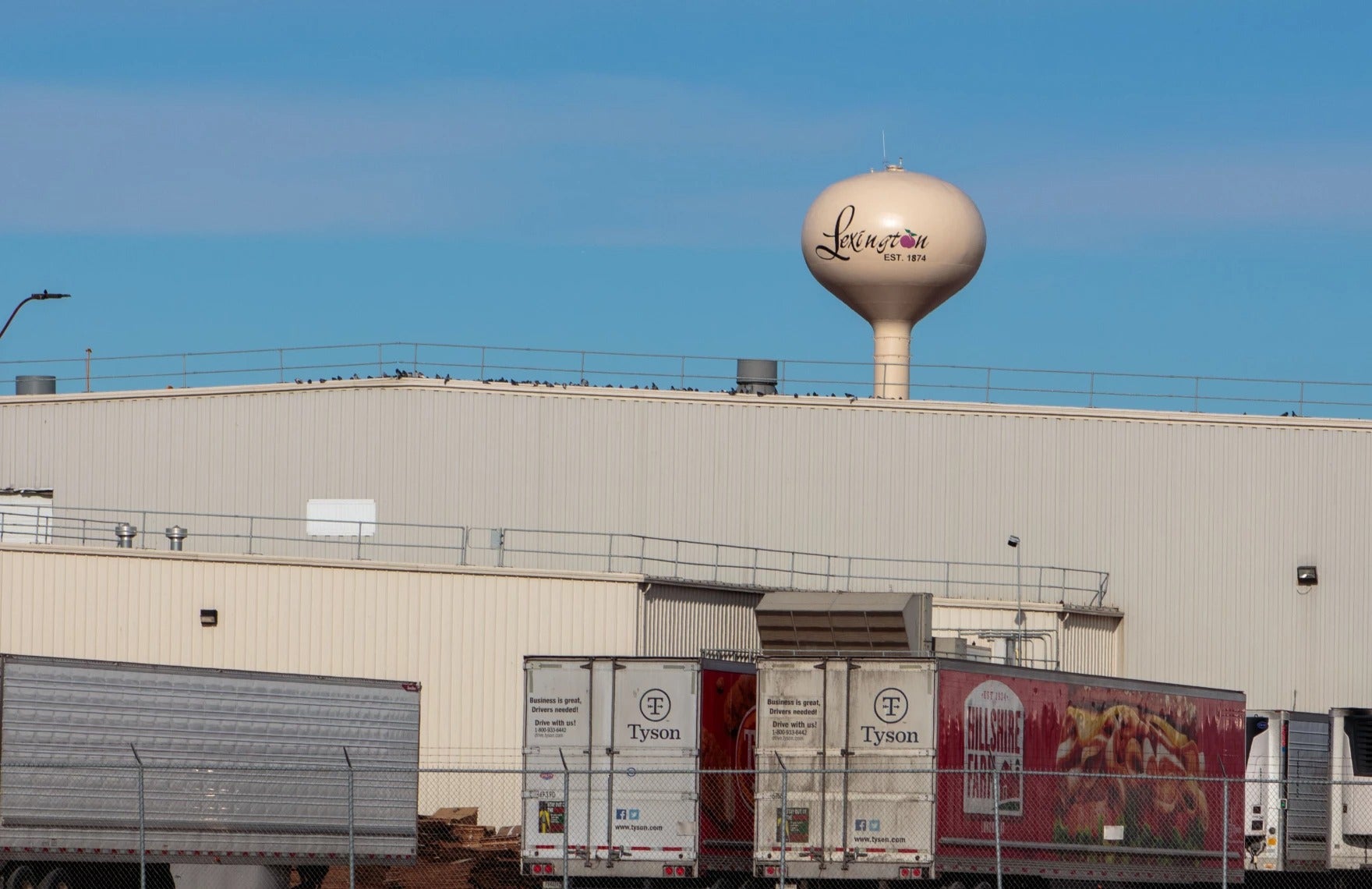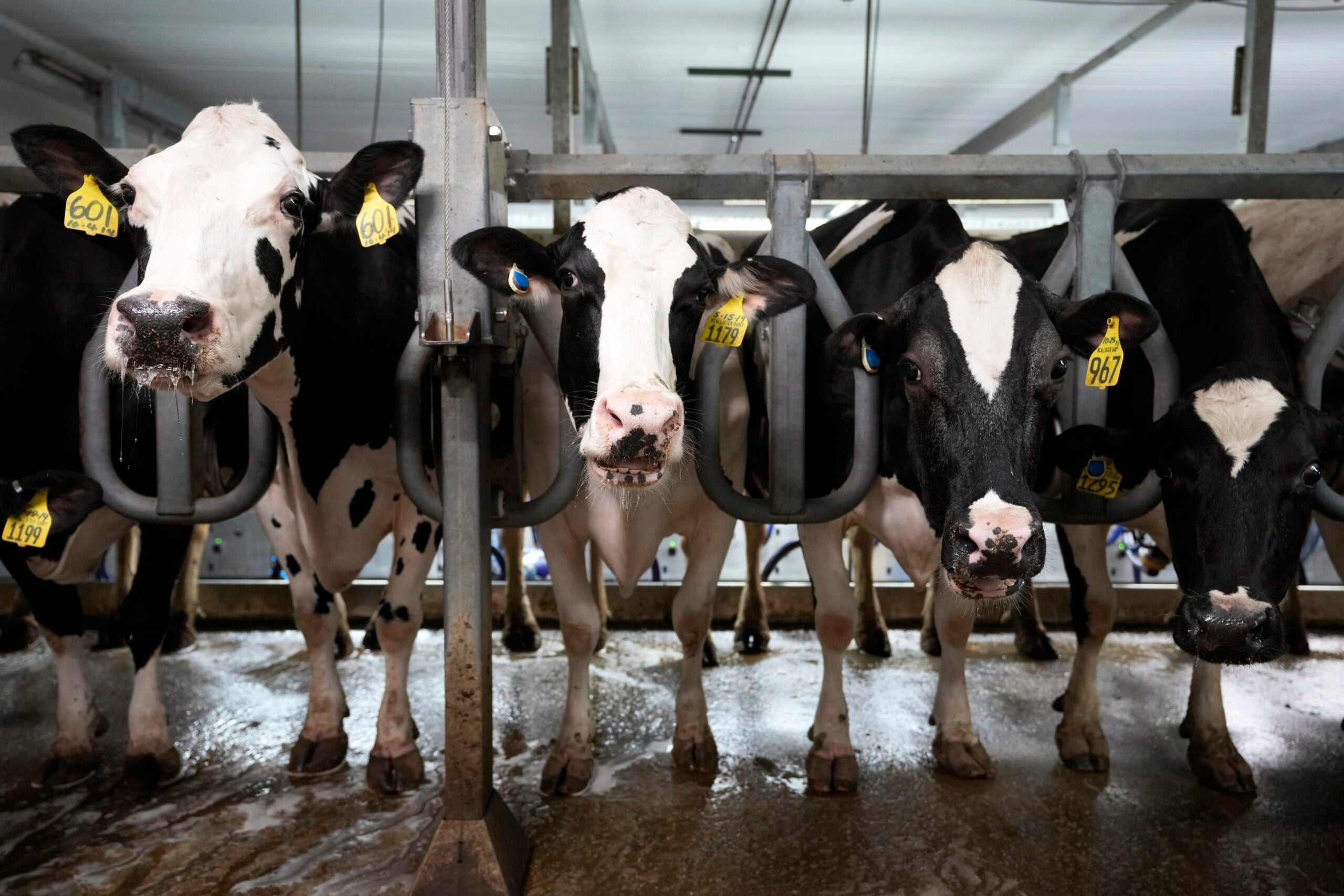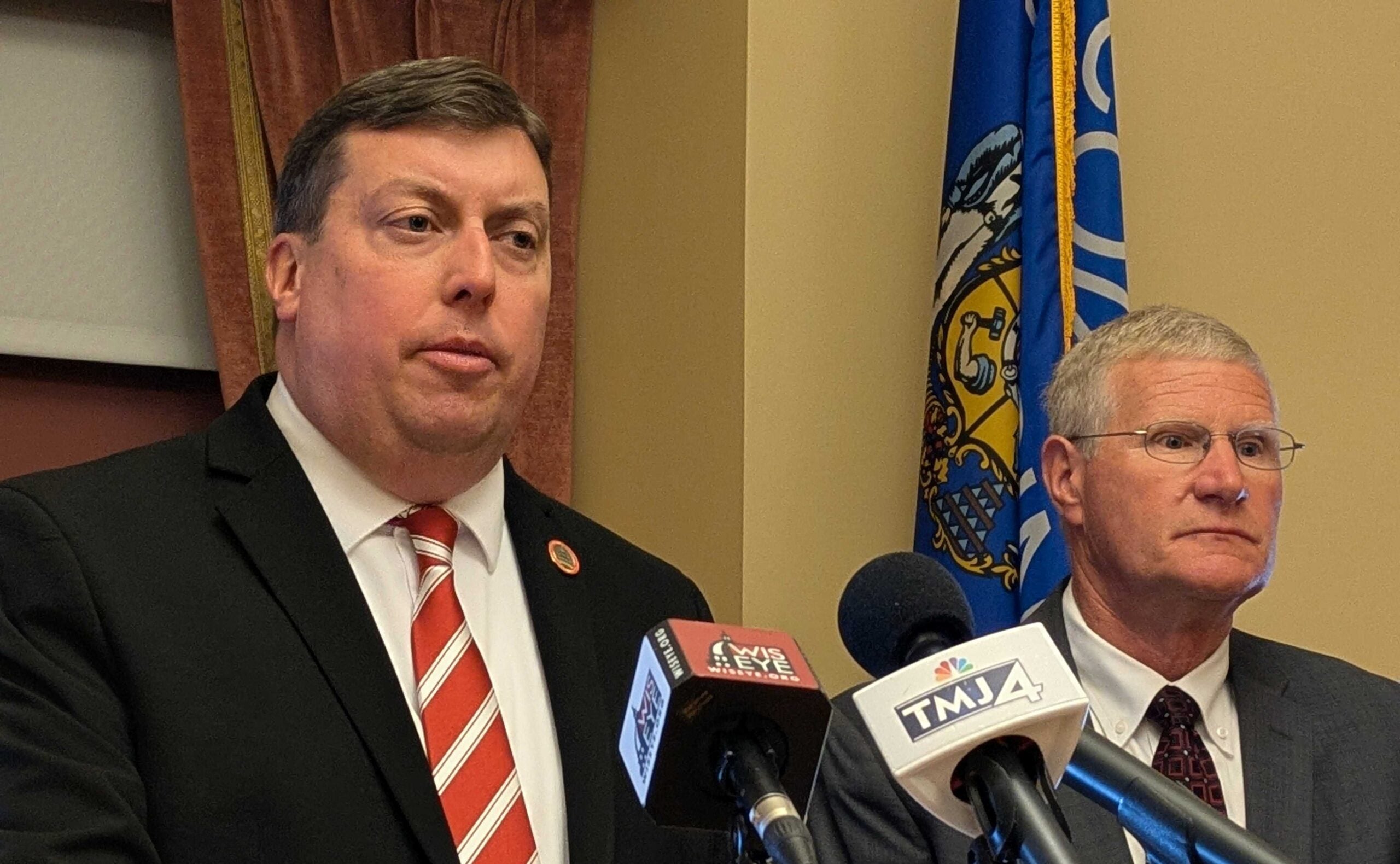Hundreds of millions of dollars in federal coronavirus relief funding are being funneled to local governments across Wisconsin as part of the American Rescue Plan Act, a massive federal stimulus package.
But a few small Wisconsin communities have turned down the money.
Four Wisconsin communities — the town of Wood River, the town of Big Falls, the village of Conrath and the town of Piehl — rejected a total of $129,266. That’s a miniscule fraction of the $410 million sent to more than 1,800 small communities across Wisconsin.
News with a little more humanity
WPR’s “Wisconsin Today” newsletter keeps you connected to the state you love without feeling overwhelmed. No paywall. No agenda. No corporate filter.
The state’s Department of Revenue took responsibility for distributing the aid to those small communities, which are known as non-entitlement units and typically have populations under 50,000. Larger jurisdictions, including many cities and counties, received the federal funding directly.
National data: Rejecting ARPA aid is rare
Across the country, it’s been rare for communities to turn down ARPA funding, and the places that have done so tend to be very small, said Mike Wallace, a legislative director for the National League of Cities.
“The calculation they’re making is, ‘How much would it cost to administer this program locally, versus how much we would be able to plug back into the economy, either by helping residents or maintaining government services and operations?’” Wallace said. “And I think that, for the smallest grantees, the amount of funds is really too small to go through the administrative burden.”
The league analyzed how 15 states allocated funding from the historic stimulus package and found that, within that sample, less than 3 percent of the communities with populations under 50,000 had chosen to decline funding. The average population of a community that turned down the money was 261 people, and was eligible for less than $100,000.
“It’s exceedingly small amounts,” Wallace said. “What that really tells us is that the funding, the grants that went to local governments — they were very important. They were needed.”
Across the country, municipalities got $65 billion from the $1.9 trillion rescue package, and the potential for those dollars is “very flexible,” Wallace said.
Among other uses, local governments could institute premium pay for essential workers or invest in infrastructure, like broadband internet or water and sewer projects. The money can be spent directly on COVID-19 mitigation — things like improving ventilation at a county building — as well as a broader range of public health projects, like preventing violence. Additionally, communities can give assistance to groups deemed to have been hurt disproportionately by the pandemic, and that’s ranged from grants to businesses to emergency housing vouchers to at-risk families. Plus, local governments can use part of the funds for administrative and payroll costs needed to administer ARPA programs themselves.
Why some Wisconsin towns are rejecting the aid
The town of Big Falls in rural Rusk County was slated to receive ARPA funding in 2020 and 2021. But Jim Jennerman, who works as Big Falls’ part-time clerk, said he doesn’t believe the town of around 100 people has much use for the money. In 2020, Big Falls only had $117,171 in total expenses, according to Wisconsin’s Department of Revenue.
“We’re a small enough community that we really weren’t impacted all that much by COVID itself,” Jennerman said.
Big Falls would have received a total of $13,293. By comparison, the city of Milwaukee received more than $394 million and Madison got $47 million.
Small Wisconsin communities had until mid-2021 to let the state know if they planned to accept the money. The vast majority of places that did accept now have until 2024 to earmark the funding for specific uses, and until the end of 2026 to spend it.
“It was a lot of paperwork piled on top of all the other paperwork that clerks have to do — that me, as a 71-year-old retired person, don’t really have to waste my time doing,” Jennerman said.
Although the money would have been delivered as a grant rather than loan needing repayment, Jennerman added, “I still had to report everything that I got, and the state had their hooks on me enough as it is.”
Farther north in Oneida County, the 90-person town of Piehl rejected $8,896 in COVID-19 funding. Piehl’s budget is small — less than $100,000 — and the pandemic didn’t have much impact on daily operations, the town’s chair Joseh Dessellier said.
“All we had to do was buy some cleaning supplies for the elections and that’s it,” Dessellier said. “We have no other facilities in town.”
Officials with the Town of Wood River in Burnett County and the village of Conrath in Rusk County could not be reached for comment. Wood River, which has fewer than 1,000 residents, turned down $97,446. Fewer than 100 people live in Conrath, which rejected $9,629 from the stimulus package.
Wisconsin Public Radio, © Copyright 2026, Board of Regents of the University of Wisconsin System and Wisconsin Educational Communications Board.





